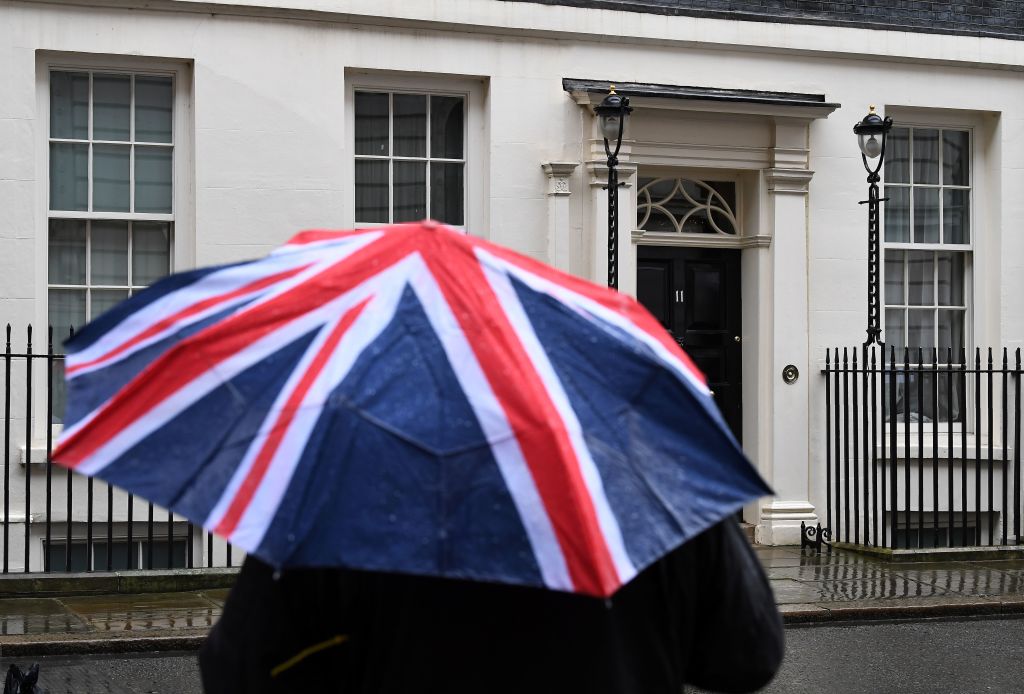The government’s opponents were not slow, as usual, to blame today’s disappointing data on economic growth on Brexit (the IOD) or ‘austerity’ (John McDonnell) – while the Chancellor, Philip Hammond, chose to fall back on that old chestnut used by corporate spokesmen when announcing dismal results: the weather.
None of these will really do as an explanation as to why GDP growth, according to the ONS, plunged from a healthy 0.4 per cent in the final quarter of last year to a miserable 0.1 per cent in the first quarter of 2018. As for Brexit, GDP figures have been shrugging it off for nearly two years – the economy even accelerated for the first two quarters. Moreover, today’s figures cover the period in the immediate aftermath of December’s deal between the government and the EU’s Brexit negotiators. That paved the way for a relatively soft Brexit and diminished the chances of Britain leaving the EU without a trade deal – so if the economy was being driven by that prospect then GDP growth ought to have perked up a bit.
As for austerity, the GDP figures cover a period following the Chancellor’s autumn budget in which he loosened the purse strings a little, allocating an extra £6.3 billion to the NHS among other measures. If the economy was driven by levels of public expenditure it ought to have enjoy a modest boost in the first quarter of this year. And the weather? Forget it. The ONS has scotched this suggestion. If people don’t go to the shops one week because of the cold they tend to go the next, when the snow has thawed. In the meantime, they stay at home and spend money online – or at least turn their heating up, boosting the energy industry. And then there are all those burst pipes to repair. In the first quarter of 2010 – which was a lot colder than this year – economic growth accelerated. No, cold weather – and for the first few weeks of this year the weather was mild – does not explain a plunge in the economy.
What does stand out, however, is how weak the economy has been in the first quarter of each of the last four years. It was 0.3 per cent in 2015, 0.2 per cent in 2016 and 0.3 per cent in 2017. In each case economic growth recovered strongly later in the year, although last year this took until the third quarter. The UK economy is developing a ‘first quarter’ problem. Why this should be is not clear. It could be a statistical quirk, but then again it could mark a cultural change. Think of all the endless campaigns – dry January, Veganuary etc – which implore us to give up things for the month of January, and then again for Lent, and you wonder whether they are having a measurable effect on the economy. The months January to March are becoming the hairshirt quarter.
There is an argument against this: the biggest contributor to the fall in economic growth in Q1 was construction, not food and alcohol. Nevertheless, don’t be surprised if GDP accelerates again now that the months of self-denial are behind us.







Comments